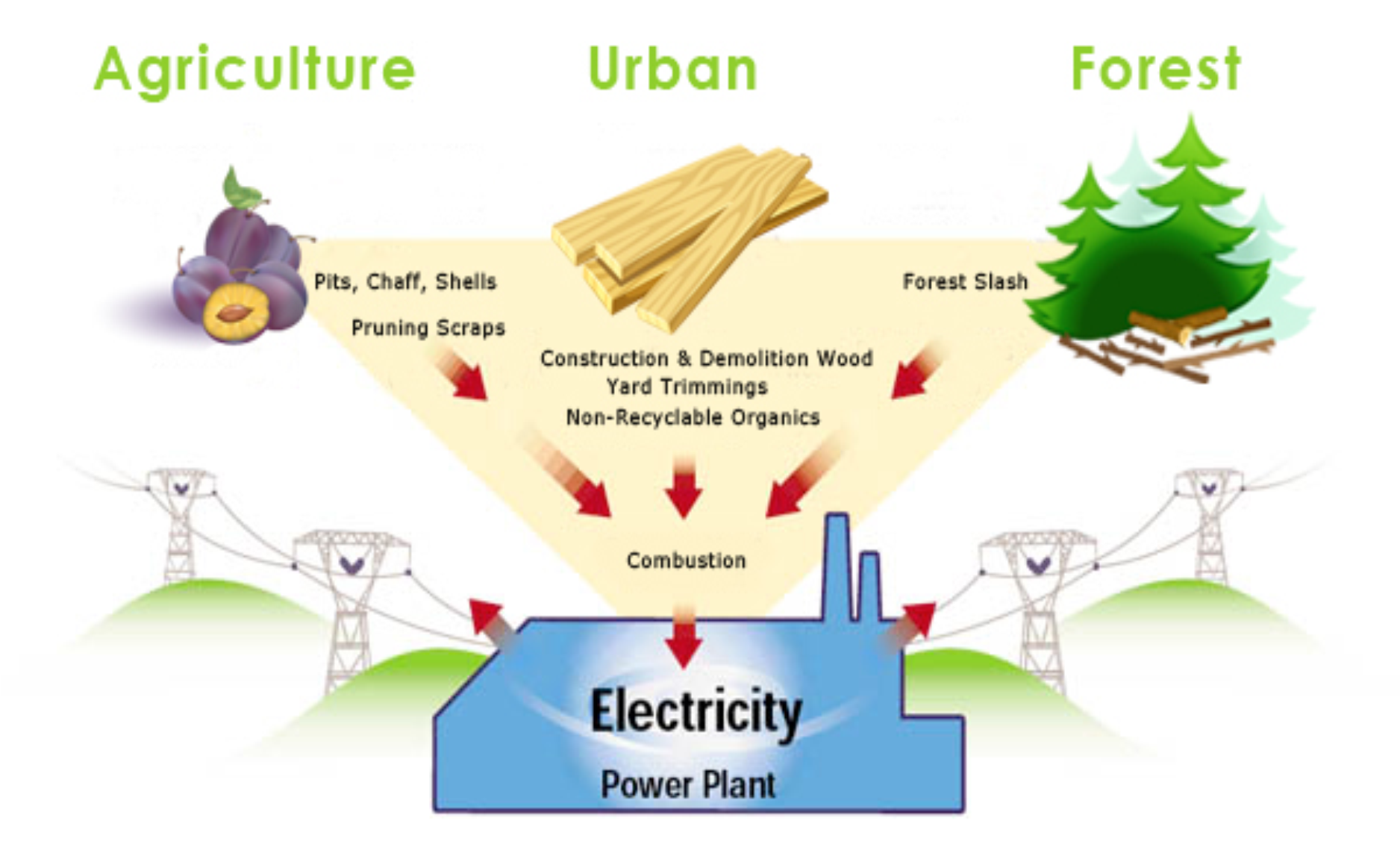who uses the most biomass energy
The Top 10 Countries Who Produce the Most Biomass Energy | Biomass

Biomass energy is an important renewable energy source that utilizes organic materials such as plants and wood to produce heat, electricity, and transportation fuels. The top 10 countries listed below are leading the way in biomass energy production:
- United States: The United States is the largest producer of biomass energy, utilizing various feedstock sources like forest residues, agricultural waste, and dedicated energy crops.
- Brazil: Brazil is a major producer of biomass energy, mainly using sugarcane bagasse to generate electricity and power its transportation sector.
- Germany: Germany has a strong commitment to renewable energy, with a significant portion of its electricity coming from biomass sources such as wood pellets and biogas.
- China: China has a rapidly growing biomass energy sector, utilizing agricultural residues, forestry waste, and dedicated energy crops to meet its energy needs.
- India: India is increasing its biomass energy production, focusing on agricultural residues like rice husk and bagasse, as well as energy crops like jatropha.
- Canada: Canada has abundant biomass resources, including wood and agricultural residues, which are utilized for heat and electricity generation.
- Sweden: Sweden has made significant progress in transitioning to renewable energy, with biomass playing a crucial role in its heating and electricity sectors.
- Denmark: Denmark is a leader in biomass energy utilization, particularly in combined heat and power plants that generate both heat and electricity from biomass feedstocks.
- Finland: Finland heavily relies on biomass for heat and electricity production, utilizing wood-based biomass from its extensive forests.
- United Kingdom: The United Kingdom has been investing in biomass energy, primarily utilizing imported wood pellets to generate power and heat.
These top 10 countries are actively investing in biomass energy production to reduce greenhouse gas emissions, diversify their energy sources, and promote sustainable development.
Reasons Why Biomass Energy Should Be a Top Choice - REURASIA

Biomass energy offers numerous advantages and should be considered as a top choice for meeting our energy needs. Here are some key reasons to prioritize biomass energy:
- Renewable and Sustainable: Biomass energy relies on organic materials that can be continuously replenished, making it a renewable and sustainable energy source.
- Reduced Greenhouse Gas Emissions: Biomass energy produces fewer greenhouse gas emissions compared to fossil fuels, contributing to mitigating climate change.
- Reduced Waste Management Issues: Utilizing biomass sources such as agricultural residues and forest waste helps to address waste management problems by repurposing these materials for energy production.
- Economic Opportunities: Biomass energy production creates job opportunities in rural areas, from growing and harvesting energy crops to operating biomass power plants.
- Diversification of Energy Sources: Incorporating biomass energy into our energy mix reduces dependence on fossil fuels, enhancing energy security and resilience.
- Technological Advancements: Ongoing research and development in biomass energy technologies are leading to efficiency improvements, cost reductions, and increased overall performance.
- Local Energy Production: Biomass energy can be produced locally, reducing the need for long-distance transportation of energy sources and enhancing energy self-sufficiency.
- Integration with Existing Infrastructure: Biomass energy can be integrated into existing infrastructure, such as coal-fired power plants, by co-firing biomass with coal, providing a transitional pathway to renewable energy.
- Improvement of Rural Economies: Biomass energy projects often benefit rural communities by providing income opportunities, fostering local economic development, and reducing reliance on imported energy sources.
- Residue Management and Environmental Sustainability: Utilizing agricultural residues for biomass energy production helps manage agricultural waste while promoting sustainable agricultural practices.
- Energy Independence: Biomass energy reduces reliance on imported fuels, contributing to energy independence and reducing vulnerability to fuel price fluctuations and geopolitical tensions.
- Biomass Energy Case Study: One successful case study is the use of biomass pellets produced from waste wood in Sweden. The pellets are used for heating residential and commercial buildings, reducing carbon emissions and creating local employment.
Considering these reasons, it is clear that biomass energy should be given serious consideration in our transition to a more sustainable and cleaner energy future.